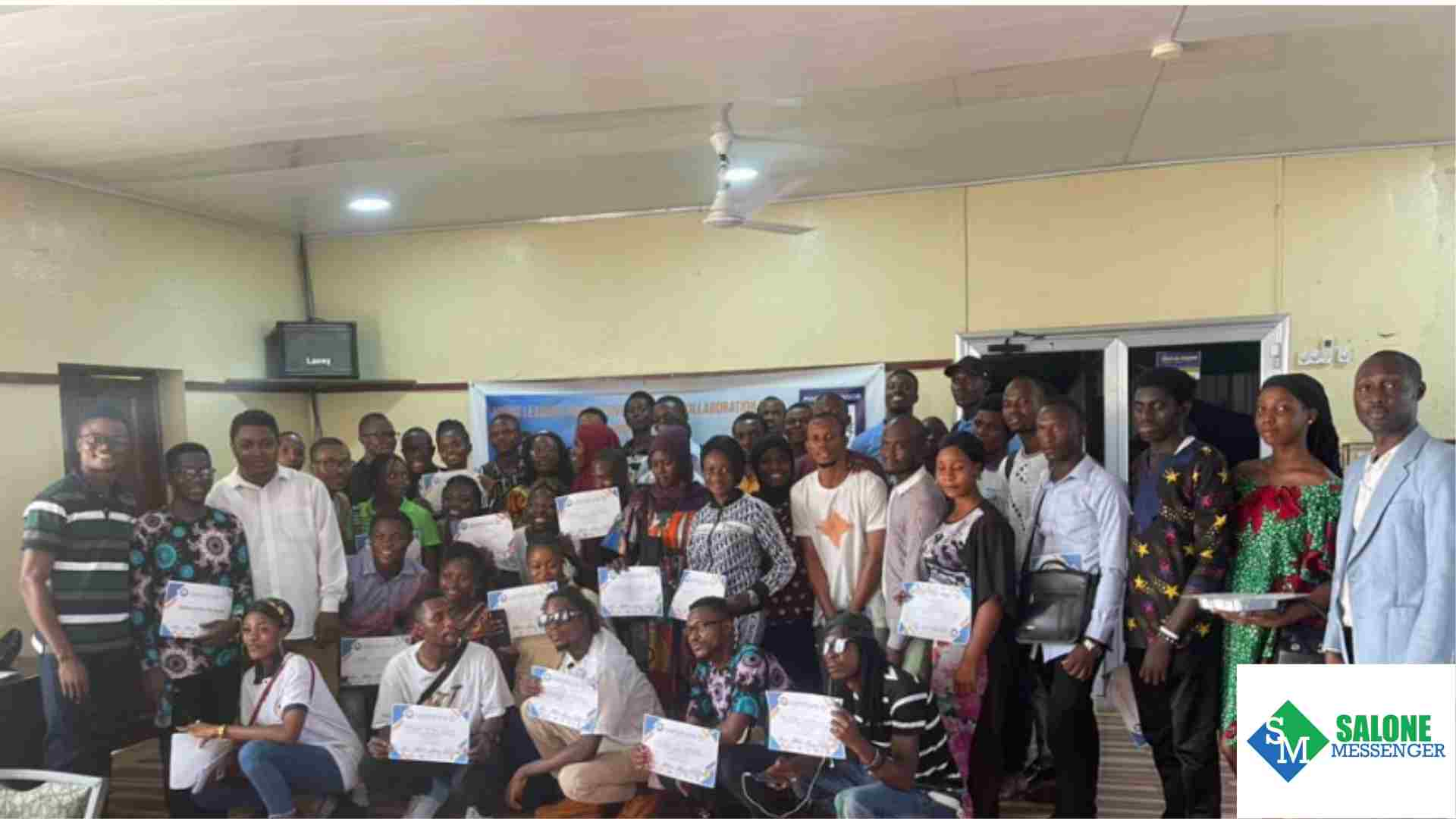Young Leader for Positive Change has organized one-day capacity-building training for over 100 youths in Freetown.
The initiative is part of the organization’s quest to lift the capacity and intellectual content of youths and to discourage them from abusing drugs.
Despite the outstanding growth of drug abuse in the country, the situation has received less attention from concerned bodies.

The organization took it as a notion on them to do the needful. However, the organization’s implementing action still faces financial challenges that affect the proper implementation of the cause.
Through a series of lectures, discussions, and interactive sessions conducted by experts and facilitators through non-formal tools that employed interactive approaches to knowledge transmission, the participants had the opportunity to interact with each other and share experiences and common challenges in the implementation thus making the session extremely educative.

Every session brought a new discussion and offered new and creative learning methods for the participants to learn about the causes of drug abuse, mitigation, and addiction that most youths are struggling with.
Speakers from all works of life ranging from civil organizations, government, and the private sector. Some of the speakers were Augusta Johnny from City of Rest who spoke on Drugs and Harmful Substances, Kadiatu Koroma from the City of Rest spoke about Mental Disorders and Control for youth, Dr. Hawa Vandi talked on Youth Involvement in Improving Community and Public Health, Ibrahim Kargbo from the National Drug Law Enforcement Agency (NDLEA) talked about Drug Abuse and the Law, Mr. Emmerson Kamara Deputy Commissioner National Youth Commission, Ibrahim Kargbo from Rainbow Initiative talked about Sexual Gender Based Violence and Drug Abuse, Dr. Victor Moinina, lecturer at IPAM talked about Youth in Governance and Humanity, Aminata Conteh founder of Glowing Ambers Network talked Mental Health and wellbeing, Dr. Henry Sankoh Jnr talked about Medical effects on substances abuse and how it can be solved.
At the end of the workshop, every participant took home not just a set of newly developed skills, but also the experiences of all the speakers and a certificate of participation. The workshop created a strong bond between the participants and gave them the chance to learn from each other. Their exchanges gave them an opportunity to discuss and form possible synergies amongst themselves, in turn guaranteeing the reinforcement and the commitment of them committing to becoming ambassadors of change to frequently preach against drug abuse.








